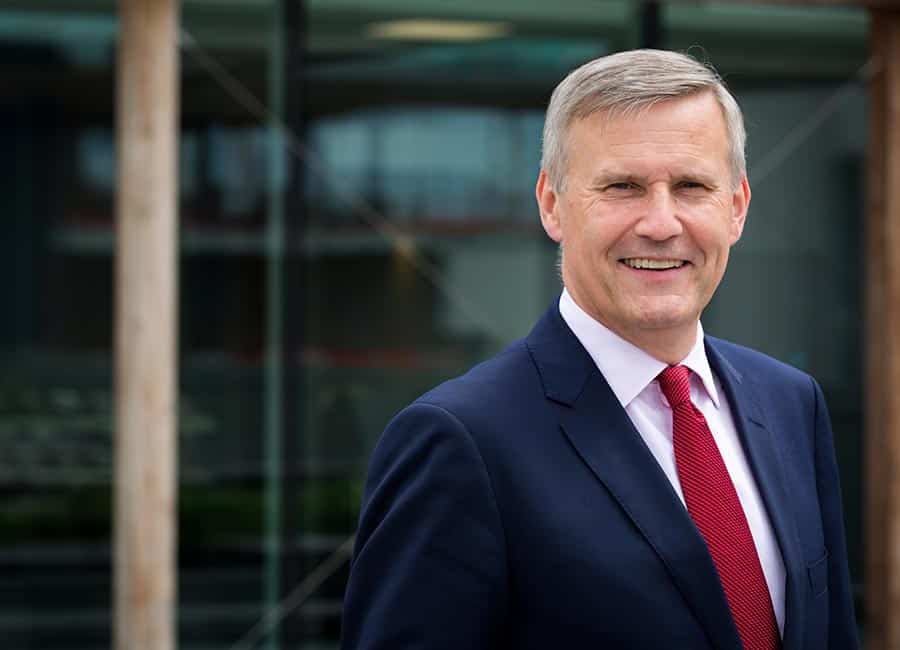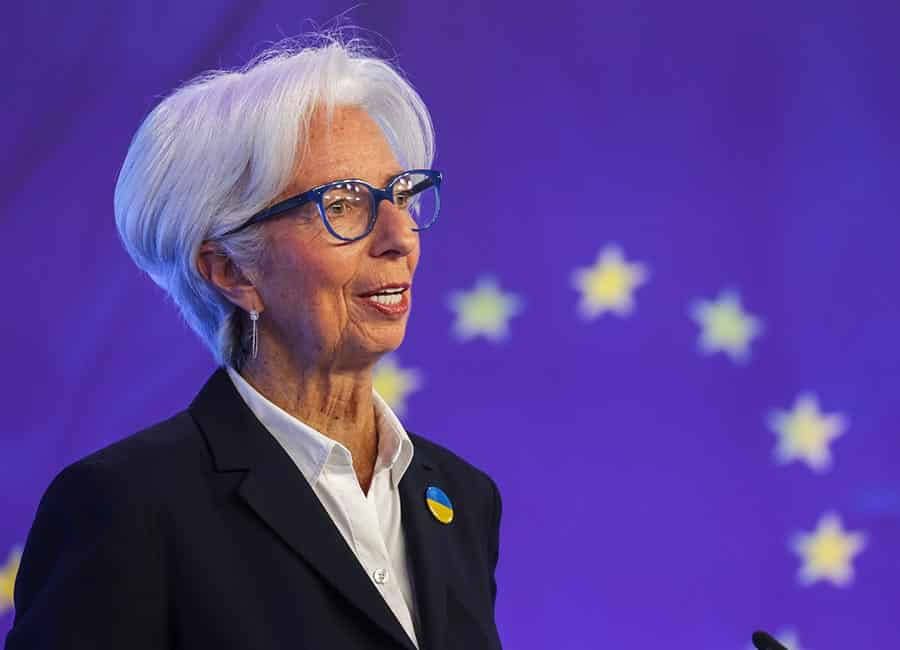Large firms in Ireland are more optimistic about the short-term business outlook than their peers in Europe, according to an Accenture/S&P survey.
The Global Business Outlook Survey for worldwide manufacturing and services is produced by S&P Global and is based on an October 2022 survey of c.12,000 manufacturers and service providers. In Ireland the survey is based on a panel of around 600 companies.
The net balance which tracks the combined manufacturing and services sector showed expectations for business activity over the next 12 months edged up to +27% in October, from +24% in June. This was still the joint-fourth lowest reading since the series began in October 2009.
By comparison, the average over the series history is +46%.
Manufacturers (+26%) were slightly more upbeat than in the summer, and the most confident among the 11 European nations surveyed. Service providers (+27%) were the least optimistic since late-2020.
Although sentiment was relatively weak, Irish firms were more confident than those in Germany, the UK, France, Italy and Spain.
The UK and eurozone net balances were +18% and +4% respectively, the latter impacted by Germany’s reading of -7%, with all three at record lows.
The latest results signalled ongoing intense inflationary pressures, with price expectations remaining higher than at any point in the survey history prior to 2022.
Survey respondents were invited to comment on threats to the outlook, and the latest results showed a wide range of challenges.
First and foremost, high inflation was reported as a key threat to business, with price rises expected from a wide range of sources including energy, labour, food, fuel and raw materials.
The inflationary environment was seen as a key factor weighing on spending power and raising the likelihood of recession in Europe. Shortages of raw materials and electronic components were also mentioned, as were shortages of skilled staff.
Hiring expectations
More positively, Irish firms were the most confident in Europe regarding employment, with hiring expectations broadly in line with the long-run trend.
Companies in Ireland are expecting to increase their own prices in response to elevated cost pressures. The output prices net balance posted +52%, although this was below the previous three readings as firms seek to limit price increases where possible to attract sales amid a weak demand environment. The Irish figure was, nonetheless, the highest in the eurozone.
Reflecting weaker demand, Irish firms remained pessimistic regarding their profits over the next 12 months.
The net balance remained negative, at -5%, only slightly up since June’s -7%. This was the highest figure among the six European economies for which manufacturing and services data are collected.
The employment net balance registered +26% in October, up fractionally from +24% in June. This signalled strong overall expectations for employment over the next 12 months at Irish manufacturers and service providers, broadly in line with the trend shown since the series began in October 2009 (+25%).
The Irish jobs outlook remained the highest in Europe in October, ahead of France (+15%) and the UK (+11%). The average for the eurozone (+2%) was weighed down by notably weak readings for Germany (-4%), Italy (-2%) and Spain (-8%).
Irish manufacturers (+24%) also had the strongest hiring expectations among the 11 European nations for which manufacturing data are available, ahead of the Netherlands (+14%) and the UK (+7%).

Capital spending
The outlook for capital spending was much less optimistic, reflecting pressure on budgets from high input prices and wage demands.
The net balance for capital spending was positive but fell to +9%, the lowest for two years. Outside the pandemic, capex forecasts were the weakest since early-2013. That said, the Irish figure was higher than the UK (-7%) and the eurozone average (0).
The 12-month outlook for research & development was even weaker, with the net balance falling to +4%, the second-lowest since the series began in 2019.
Alastair Blair, country managing director at Accenture in Ireland, commented: “It is no surprise that this survey shows that inflation and rising costs remain a significant cause for concern for businesses in Ireland.
“As we face the potential likelihood of a global recession, it is clear that this will only amplify inflationary pressure and compound the strain on supply chains.”
Blair suggested that businesses need to be agile in the face of this uncertainty and be able to move at speed to respond and be competitive.
“An ongoing investment in digital and technology skills will be imperative to keep a positive trajectory going,” Blair added.











